Table of Contents
- Introduction
- Overview of Turkey’s Aluminum Industry
- Turkey’s Aluminum Production Capacity
- Trade Dynamics Between Turkey and the EU
- Case Study: Turkey’s Aluminum Exports to Germany
- Challenges Facing Turkey’s Aluminum Sector
- Opportunities for Growth and Collaboration
- Conclusion
- References
1. Introduction
Aluminum is a cornerstone of modern industry, integral to sectors ranging from automotive manufacturing to construction and aerospace. Its lightweight yet durable nature makes it indispensable in producing vehicles, aircraft, packaging, and infrastructure. The European Union (EU), with its robust industrial base, relies heavily on a consistent and reliable supply of aluminum to maintain its manufacturing prowess and economic stability. In this intricate supply chain, Turkey has emerged as a pivotal player, serving as both a significant importer and exporter within the aluminum industry. This article delves into Turkey’s multifaceted role in the EU aluminum market, examining its production capabilities, trade relationships, and the broader implications for the European aluminum landscape.
2. Overview of Turkey’s Aluminum Industry
Over the past decade, Turkey’s aluminum industry has experienced substantial growth, evolving into a critical component of the nation’s industrial sector. In 2023, Turkey’s aluminum exports reached approximately $5.3 billion, marking a significant increase from previous years. This upward trajectory underscores the country’s expanding influence in the global aluminum market. The industry’s growth is not only evident in export figures but also in domestic production and consumption patterns. In 2023, Turkey produced approximately 1.92 million tons of aluminum products, reflecting the material’s importance in various domestic industries. The construction sector, for instance, utilizes aluminum extensively in building facades, window frames, and structural components due to its strength and corrosion resistance. The automotive industry also relies on aluminum for manufacturing lightweight vehicles that meet stringent fuel efficiency and emission standards. Additionally, the packaging industry benefits from aluminum’s properties, using it in applications ranging from beverage cans to foil packaging. This diverse application base has fueled the industry’s expansion and solidified its role in Turkey’s economic development.
3. Turkey’s Aluminum Production Capacity
Despite its impressive production figures, Turkey remains heavily reliant on imported raw materials to meet its aluminum production needs. In the first half of 2024, Turkey imported approximately 984,000 tons of aluminum, with primary aluminum accounting for 71% of this volume. This reliance on imports exposes the Turkish aluminum industry to global market fluctuations, including price volatility and supply chain disruptions. For instance, geopolitical tensions or trade policy changes in supplier countries can directly impact the availability and cost of aluminum in Turkey. To mitigate these risks, there is a pressing need for Turkey to invest in domestic production capabilities and explore alternative sources of raw materials. Enhancing domestic recycling efforts could also play a crucial role in reducing import dependency and promoting sustainability within the industry.
4. Trade Dynamics Between Turkey and the EU
The trade relationship between Turkey and the European Union in the aluminum sector is both robust and multifaceted. In 2022, the EU imported aluminum worth approximately $4.05 billion from Turkey, underscoring Turkey’s role as a key supplier to European markets. Conversely, the EU exported aluminum valued at around $990.36 million to Turkey in the same year, indicating a trade surplus in favor of Turkey within this sector. This dynamic reflects the complementary nature of the two economies, with Turkey supplying semi-finished and finished aluminum products to meet the EU’s industrial demands, while importing certain specialized aluminum products and raw materials from EU member states. The EU-Turkey Customs Union, established in 1995, has facilitated this bilateral trade by eliminating tariffs on industrial goods and aligning Turkey’s trade policies with those of the EU. This arrangement has enabled Turkish aluminum producers to access European markets more easily, fostering closer economic integration and cooperation between the two parties.
5. Case Study: Turkey’s Aluminum Exports to Germany
Germany serves as a prime example of the strong trade relationship between Turkey and the EU in the aluminum sector. In 2022, Turkish aluminum exports to Germany amounted to approximately $1.15 billion, marking a significant increase from previous years. This growth underscores Germany’s reliance on Turkish aluminum to support its industrial activities, particularly in the automotive and construction sectors. German automotive manufacturers, known for their high-quality vehicles, utilize aluminum extensively to reduce vehicle weight and improve fuel efficiency. Similarly, the construction industry in Germany incorporates aluminum in various applications due to its durability and aesthetic appeal. The strong trade ties between Turkey and Germany in the aluminum sector highlight the mutual benefits derived from this partnership, with Turkey providing essential materials to support Germany’s industrial base, while benefiting from access to one of Europe’s largest markets.
6. Challenges Facing Turkey’s Aluminum Sector
Despite its growth and increasing integration into the European market, Turkey’s aluminum industry faces several challenges that could impede its future development. One of the primary challenges is the heavy reliance on imported primary aluminum, which exposes the industry to global market fluctuations and potential supply chain disruptions. For instance, geopolitical tensions, trade disputes, or economic sanctions involving key supplier countries could lead to sudden shortages or price spikes, adversely affecting Turkish manufacturers. Additionally, the industry faces challenges related to energy consumption and environmental sustainability. Aluminum production is energy-intensive, and Turkey’s energy costs can be relatively high, impacting the competitiveness of domestic producers. Moreover, there is a growing need to adopt environmentally friendly practices and reduce carbon emissions in line with global sustainability goals. This necessitates investments in modern production technologies, energy efficiency measures, and the development of recycling infrastructure to promote a circular economy within the aluminum sector.
7. Opportunities for Growth and Collaboration
Despite the challenges, Turkey’s aluminum industry is poised for significant growth and collaboration opportunities, particularly in the context of its relationship with the European Union (EU). The EU-Turkey Customs Union, established in 1995, has been instrumental in facilitating trade between the two parties. In 2023, bilateral trade reached a record high of nearly €206 billion, with Turkey becoming the EU’s 5th largest trade partner, accounting for 4.1% of the EU’s total trade in goods.
This robust trade relationship presents several avenues for growth:
- Technological Advancements: Investing in modern production technologies can enhance efficiency and product quality. Adopting advanced manufacturing processes, such as automation and digitalization, can reduce production costs and improve competitiveness.
- Sustainability Initiatives: Aligning with global sustainability trends can open new markets. Implementing environmentally friendly practices, such as reducing carbon emissions and increasing energy efficiency, can make Turkish aluminum products more attractive to environmentally conscious consumers.
- Diversification of Export Markets: While the EU remains a significant partner, exploring new markets can mitigate risks associated with over-reliance on a single region. Regions such as Asia and Africa present emerging opportunities for aluminum exports.
- Research and Development (R&D): Investing in R&D can lead to the development of high-value aluminum products, such as specialized alloys for aerospace or automotive applications, thereby increasing export value.
8. Conclusion
Turkey’s aluminum industry holds a pivotal position in the EU’s supply chain, contributing significantly to various sectors, including automotive, construction, and packaging. While challenges such as import dependency and environmental concerns persist, the industry’s growth trajectory remains positive. By leveraging opportunities for technological advancement, sustainability, market diversification, and R&D, Turkey can strengthen its role in the global aluminum market and foster deeper collaboration with the EU.
9. References
- European Union. (n.d.). EU trade relations with Türkiye. Retrieved from policy.trade.ec.europa.eu
- Trading Economics. (n.d.). European Union Imports of aluminum from Turkey. Retrieved from tradingeconomics.com
- European Parliament. (2021). The EU-Turkey Customs Union and trade relations: what options for the future? Retrieved from europarl.europa.eu
- Technavio. (n.d.). Turkey Aluminum Manufacturing Market Size 2024-2028. Retrieved from technavio.com
- ResearchGate. (n.d.). Turkey’s aluminium industry. Retrieved from researchgate.net
- Ministry of Economy, Republic of Turkey. (n.d.). Directorate General of Exports. Retrieved from bis.doc.gov
- Kenan Metal. (n.d.). Aluminum Sector And Future In The World. Retrieved from kenanmetal.com
- Stiftung Wissenschaft und Politik. (2022). The Challenge of Decarbonisation and EU-Turkey Trade Relations. Retrieved from swp-berlin.org
- International Aluminium Institute. (2022). Opportunities for aluminium in a post-Covid economy. Retrieved from international-aluminium.org
- Center for American Progress. (2022). Trade Beyond Neoliberalism: Concluding a Global Arrangement on Sustainable Steel and Aluminum. Retrieved from americanprogress.org
- MarketResearch.com. (n.d.). Turkey Aluminum Manufacturing Market 2023-2027. Retrieved from marketresearch.com
- Archive of European Integration. (n.d.). The EU-Turkey Customs Union: A Model for Future Euro-Med Integration. Retrieved from aei.pitt.edu
- S&P Global. (2024). Turkey as a supply chain reshoring center – Opportunities & challenges. Retrieved from spglobal.com
- S&P Global Commodity Insights. (2024). US ELECTIONS: EU, UK steel, aluminum industries eye potential tariffs. Retrieved from spglobal.com
- Aluminium Exhibition. (2024). CRU Case Study: Top 10 calls for aluminium industry in 2024. Retrieved from aluminium-exhibition.com
- European Stability Initiative. (n.d.). The Future of Turkish-EU Trade Relations: Deepening vs. Widening. Retrieved from esiweb.org
- Reuters. (2024). Turkey’s Erdogan calls for US to lift sanctions hindering defence purchases. Retrieved from reuters.com


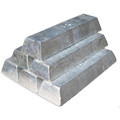
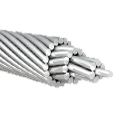
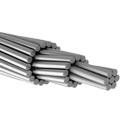
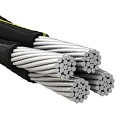
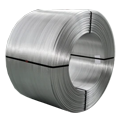

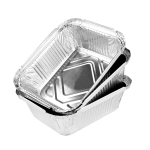



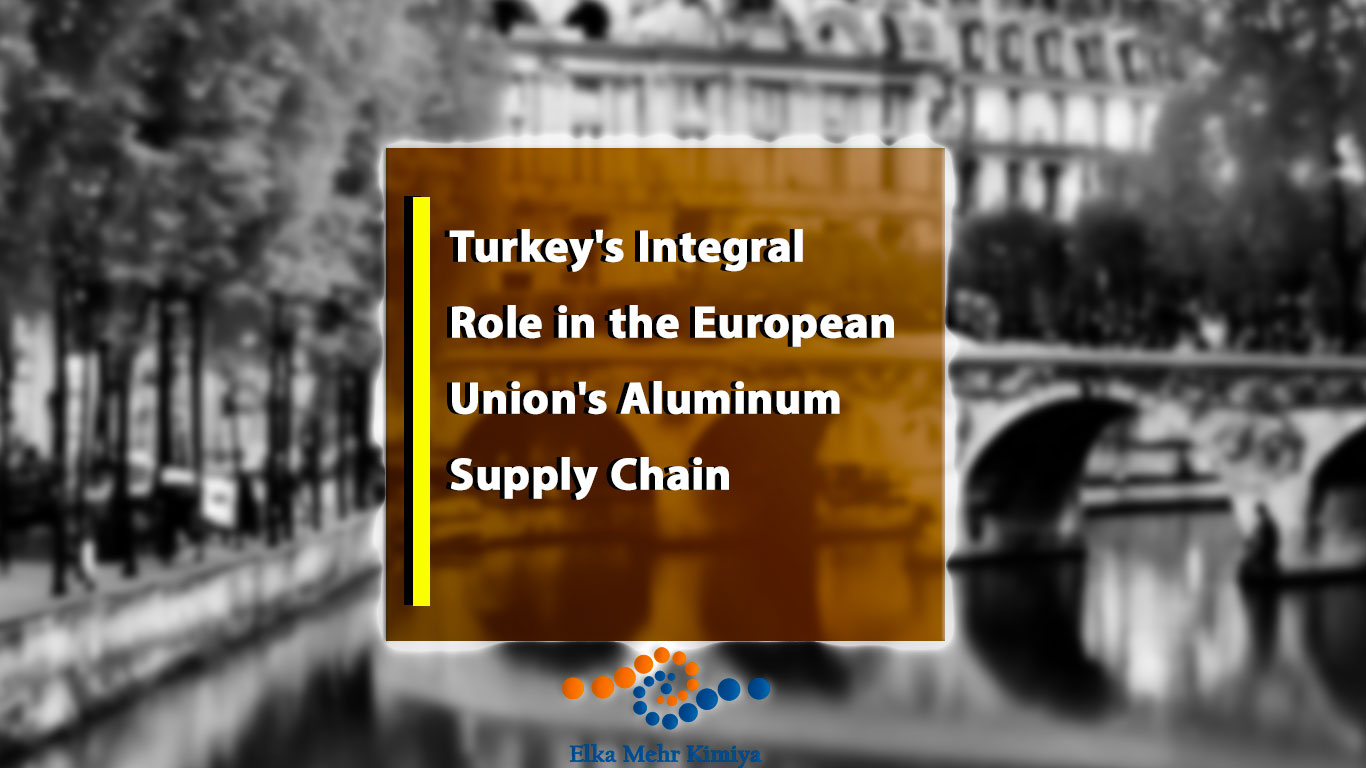

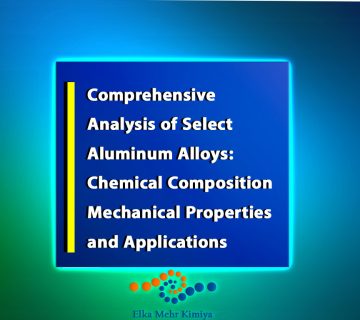
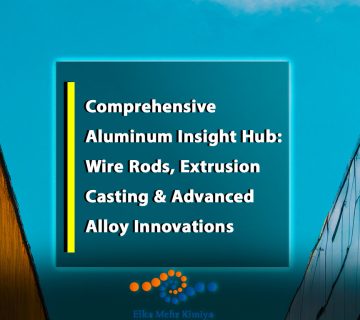
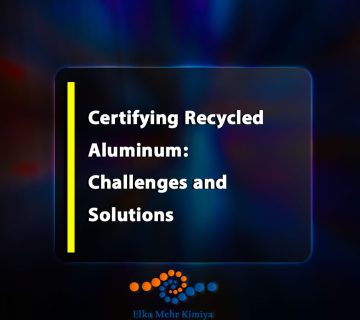
No comment